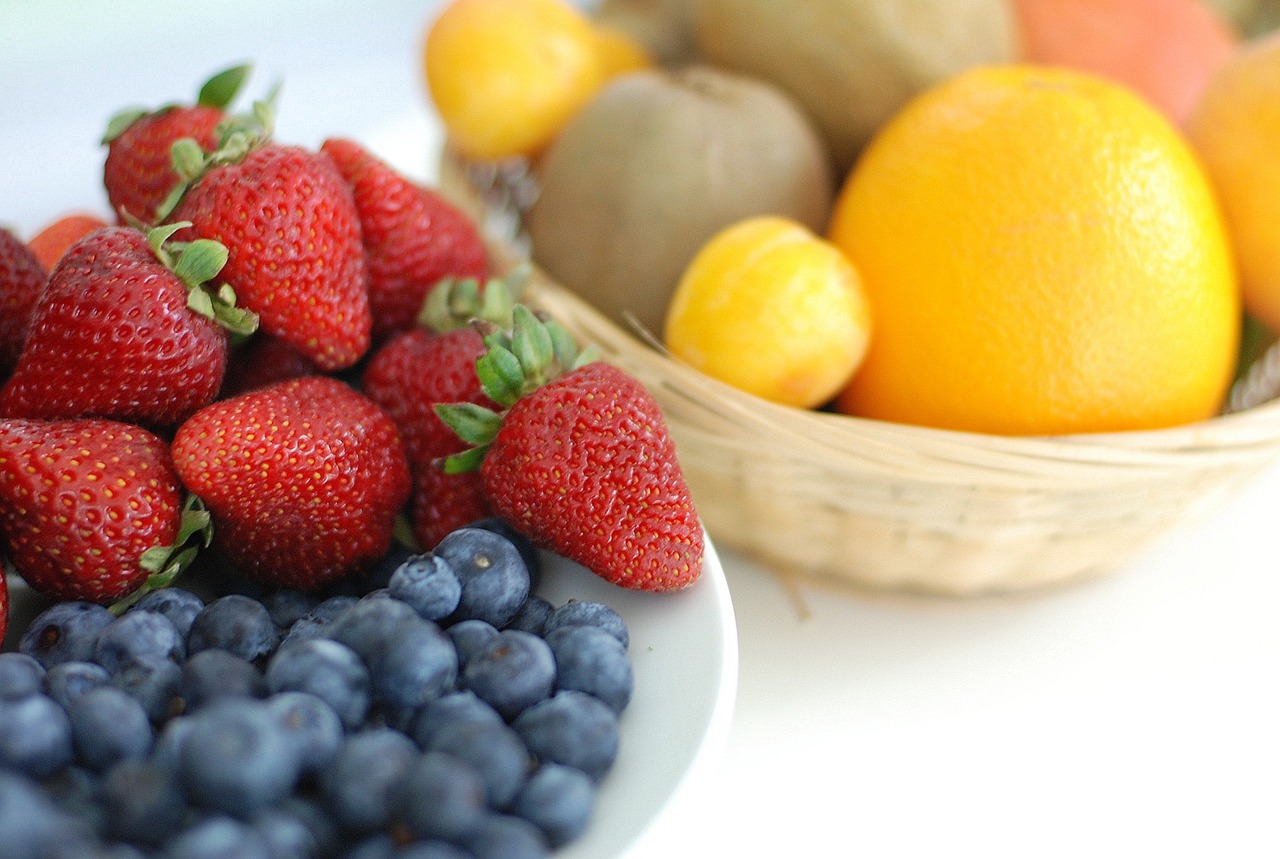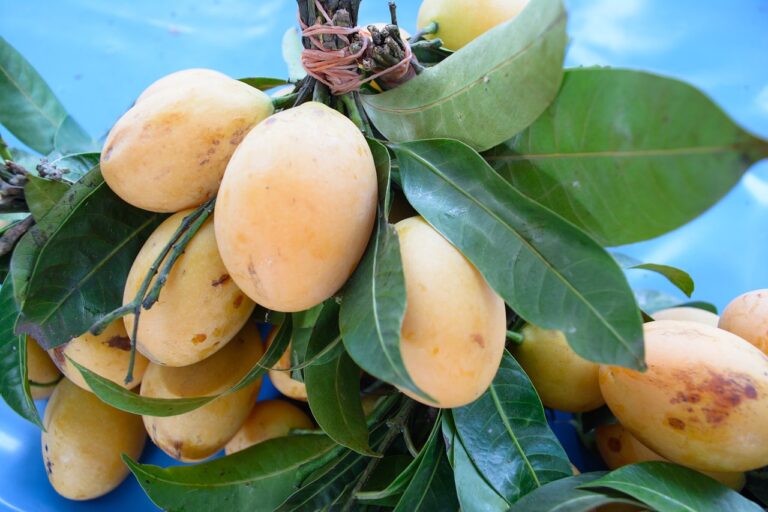Trends in Egg Substitutes and Vegan Alternatives
all pannel .com, play99exch win login, gold365:The world of egg substitutes and vegan alternatives is constantly evolving as more and more people are choosing to adopt plant-based diets for health, ethical, or environmental reasons. In recent years, there has been a growing demand for alternatives to eggs in baking, cooking, and even in beverages like smoothies. With advancements in food technology and an increasing awareness of the benefits of plant-based eating, the market for egg substitutes and vegan alternatives has expanded significantly. In this article, we will explore the latest trends in egg substitutes and vegan alternatives, as well as provide insights into some popular options available in the market today.
Benefits of Egg Substitutes and Vegan Alternatives
Egg substitutes and vegan alternatives offer a wide range of benefits for those looking to reduce their consumption of animal products or for individuals who have allergies or dietary restrictions. Some of the key benefits include:
– Healthier options: Many egg substitutes and vegan alternatives are lower in cholesterol and saturated fats compared to traditional eggs. They are also often free from allergens such as dairy, nuts, and gluten.
– Ethical considerations: By choosing plant-based egg substitutes, consumers can reduce their impact on animal welfare and support more sustainable farming practices.
– Environmental impact: Producing plant-based egg substitutes typically requires less water, land, and energy compared to raising chickens for eggs, making them a more environmentally friendly choice.
– Versatility: Egg substitutes can be used in a wide variety of recipes, from baking cakes and cookies to making omelets and scrambled eggs. Vegan alternatives can also be used in place of dairy products in cooking and baking.
Popular Egg Substitutes and Vegan Alternatives
There are a variety of options available in the market when it comes to egg substitutes and vegan alternatives. Some of the most popular choices include:
1. Flaxseed meal: A common egg substitute in baking, flaxseed meal can be mixed with water to create a gel-like consistency that acts as a binding agent.
2. Chia seeds: Chia seeds can be ground and mixed with water to create a gel that can be used as a binding agent in recipes.
3. Applesauce: Applesauce can be used as a substitute for eggs in baking recipes, adding moisture and sweetness to the finished product.
4. Silken tofu: Silken tofu can be blended and used as a creamy, protein-rich alternative to eggs in recipes like quiches and custards.
5. Aquafaba: The liquid from canned chickpeas, known as aquafaba, can be whipped to create a foam that mimics the texture of egg whites in recipes like meringues and macarons.
6. Vegan egg replacers: There are also several commercial egg replacers available on the market, such as Just Egg and Follow Your Heart VeganEgg, which are formulated to mimic the texture and flavor of eggs in cooking and baking.
Trends in Egg Substitutes and Vegan Alternatives
As the demand for plant-based foods continues to grow, there are several trends emerging in the world of egg substitutes and vegan alternatives. Some of the latest developments include:
1. Clean label ingredients: Consumers are increasingly seeking out egg substitutes and vegan alternatives that are made with simple, natural ingredients and free from artificial additives and preservatives.
2. Functional ingredients: Manufacturers are incorporating functional ingredients like pea protein, almond flour, and nutritional yeast into egg substitutes to enhance their nutritional profile and mimic the texture and flavor of eggs.
3. Sustainable packaging: With an increasing focus on sustainability, many companies are now offering egg substitutes and vegan alternatives in eco-friendly packaging, such as compostable containers and recyclable materials.
4. Global flavors: As consumers become more adventurous in their food choices, there is a growing interest in egg substitutes and vegan alternatives that reflect diverse culinary traditions from around the world, such as Asian-inspired tofu scrambles and Latin American aquafaba desserts.
5. Customizable options: To cater to individual dietary preferences and restrictions, some companies are offering customizable egg substitutes and vegan alternatives that can be tailored to specific needs, such as gluten-free, soy-free, or sugar-free options.
6. Plant-based innovations: Food scientists and chefs are constantly experimenting with new ingredients and techniques to create innovative plant-based alternatives to eggs, such as algae-based alternatives and fermentation-based products.
FAQs
Q: Are egg substitutes and vegan alternatives healthier than traditional eggs?
A: Egg substitutes and vegan alternatives are generally lower in cholesterol and saturated fats compared to traditional eggs, making them a healthier option for many people.
Q: Can I use egg substitutes in all my recipes?
A: While egg substitutes can be used in a wide variety of recipes, their effectiveness may vary depending on the specific recipe and intended outcome. It may require some experimentation to find the best substitute for each recipe.
Q: Are egg substitutes and vegan alternatives more expensive than traditional eggs?
A: While some commercial egg substitutes and vegan alternatives may be more expensive than traditional eggs, there are also many affordable options available, such as flaxseed meal and chia seeds, which can be used as cost-effective alternatives.
Q: Are egg substitutes and vegan alternatives sustainable?
A: Many egg substitutes and vegan alternatives are more sustainable than traditional eggs, as they require fewer resources like water, land, and energy to produce. Choosing plant-based options can help reduce your environmental impact.
In conclusion, the trend towards plant-based eating is driving innovation in the world of egg substitutes and vegan alternatives, providing consumers with a wide range of options for reducing their consumption of animal products while still enjoying delicious, nutritious foods. As more people embrace plant-based diets for health, ethical, and environmental reasons, we can expect to see even more exciting developments in the world of egg substitutes and vegan alternatives in the years to come.







